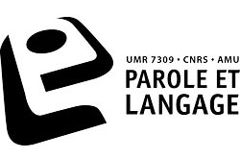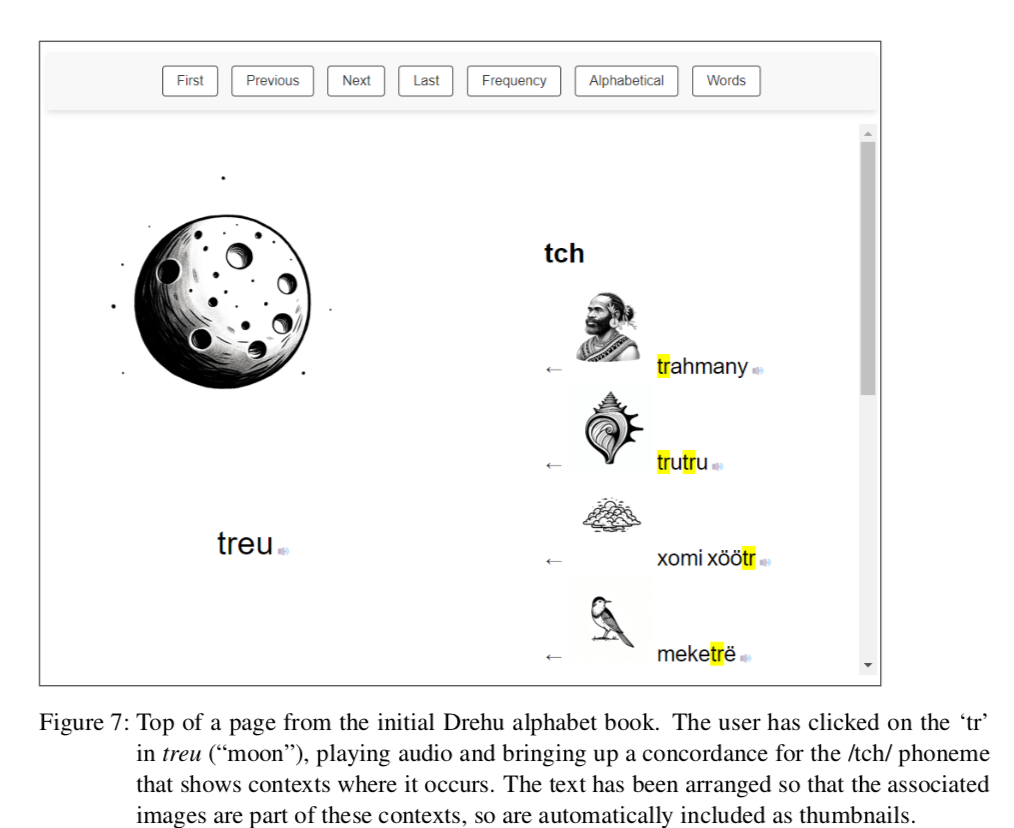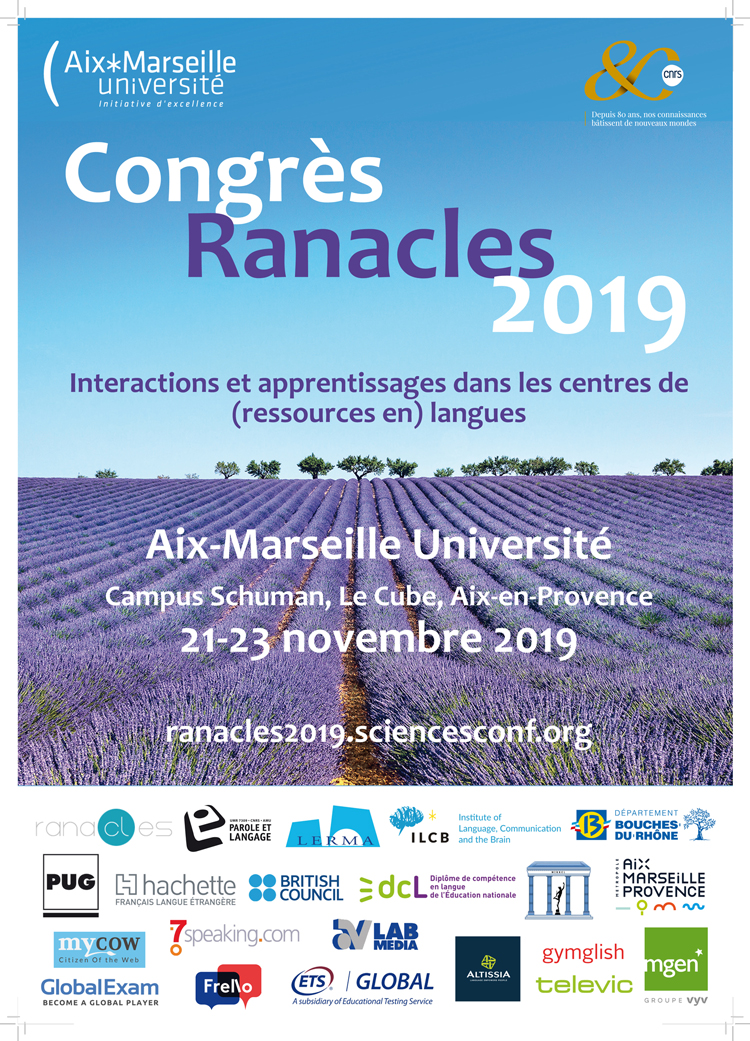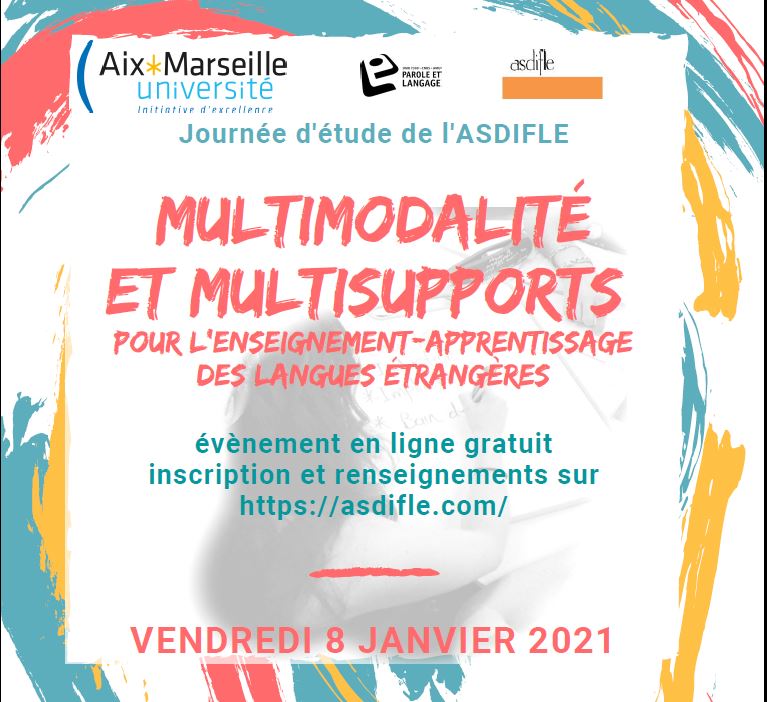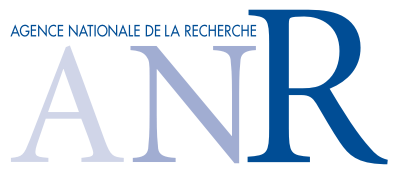We are pleased to announce the publication of the latest article by Núria Gala (LPL-AMU) in collaboration with Thomas François from the Centre for Automatic Language Processing (CENTAL UCL) in the International Journal of Applied Linguistics :
Reference: Thomas François, Núria Gala. Graded resources for learning and teaching foreign languages. ITL - International Journal of Applied Linguistics, 2024, ⟨10.1075/itl.00024.fra⟩. ⟨hal-04697842⟩
Article on the publisher's website (restricted access): https://dx.doi.org/10.1075/itl.00024.fra
Reference on HAL: https://hal.science/hal-04697842
Abstract:
Innovative resources for teaching vocabulary have emerged during the last decades, among which the so-called ‘graded resources’, i.e. lexicons or inventories where linguistic forms have been associated with a difficulty level, having in mind a target reader. The idea of ‘grading’ in Education is not new and has evolved over time: vocabulary or text scales (grades) have been approached as an educational tool with the means available at each period of time. In this survey, our aim is to show how current approaches of graded resources for foreign language learning are rooted in the tradition of building frequency lists for education. We then synthesize the body of work that has been undertaken to design graduated resources, highlighting the different methodologies applied as well as existing resources.
Credits: Image by freepik (ed.)
